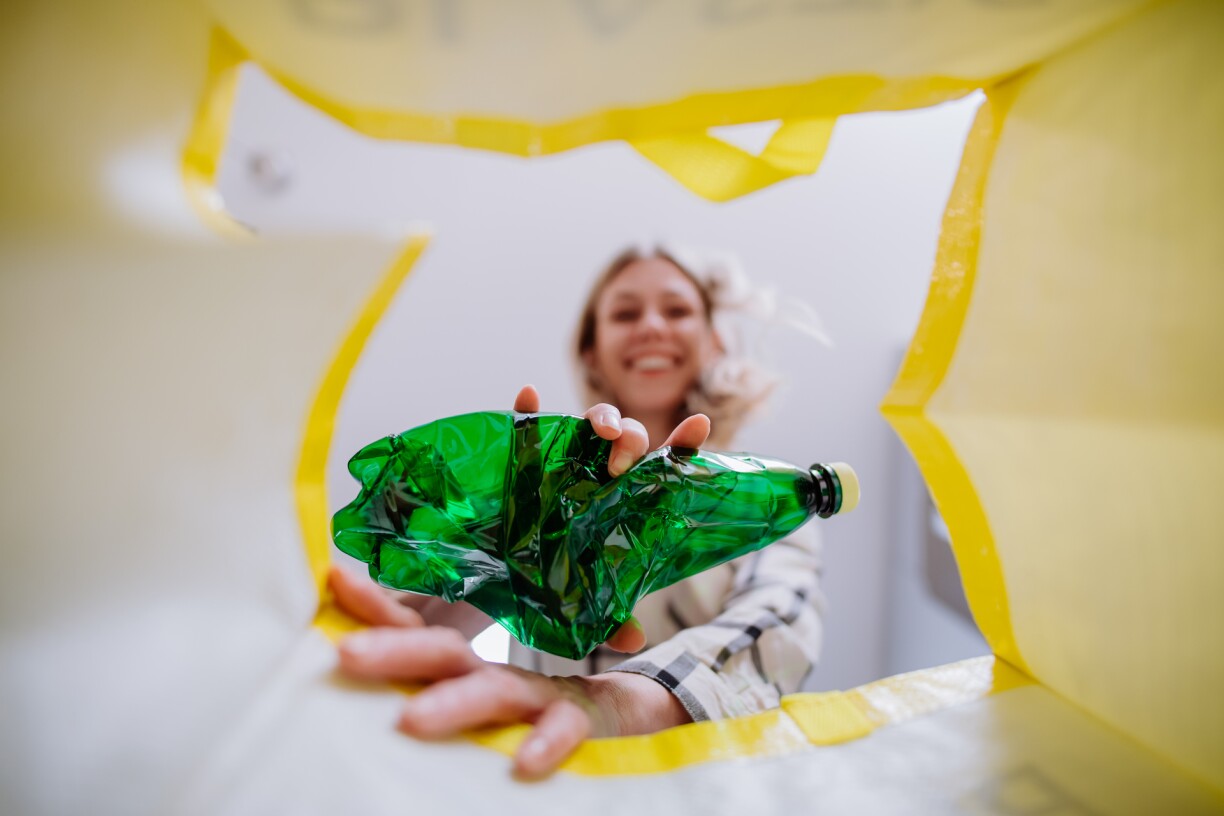
In 2021, Europe recycled 64% of its packaging waste, bringing the EU close to its target of recycling at least 65% by 2025. Several countries, including Luxembourg, have already surpassed this goal. According to the latest Eurostat figures, Belgium leads with an 80.4% recycling rate, followed by the Netherlands (76.8%), Slovakia (73.9%), and Luxembourg (73.7%). In contrast, Malta is at the bottom with just 38.4%, and Romania also lags with 39.9% in 2020. Croatia is slightly above the halfway mark at 50.8%.
Only eight countries recycle more than 70% of their packaging waste, most of which are located in Northern Europe. While Belgium tops the rankings, Luxembourg’s neighbours lag behind: Germany recycles 67.9% of its waste, slightly above the European average, while France falls below at 61.8%.
In late April, the European Parliament adopted legislation to reduce packaging waste within the European Union, including a ban on single-use plastic containers in bars and restaurants by 2030.
Following intense negotiations, MEPs and Member States reached an agreement in early March on this crucial component of the “Green Deal.” The legislation aims to reduce the total volume of packaging waste in the EU by 5% by 2030 (compared to 2018 levels), 10% by 2035, and 15% by 2040.
In particular, the new legislation aims to reduce the amount of plastic packaging waste.
Bars and restaurants will no longer be allowed to serve food and drinks in single-use plastic containers, though paper and cardboard alternatives will remain permissible.
Additionally, other single-use plastic items will be banned, including miniature shampoo bottles in hotels, small sauce packets, protective film around suitcases at airports, and plastic packaging for unprocessed fruits and vegetables.
Ultra-light plastic bags will also be phased out, with limited exceptions.
The legislation mandates that all packaging in the EU must be recyclable by 2030 and effectively recycled by 2035.
However, certain types of packaging, such as wooden boxes (e.g., Camembert boxes, oyster shells) and wax coatings (e.g., Babybel), are exempt from these recycling requirements.
Starting in 2026, the law also prohibits the intentional addition of polyfluoroalkyl substances (PFAS), known as “eternal pollutants,” to food packaging. Despite scientific warnings about their harmful effects, these substances are currently widespread, including in items like pizza boxes.